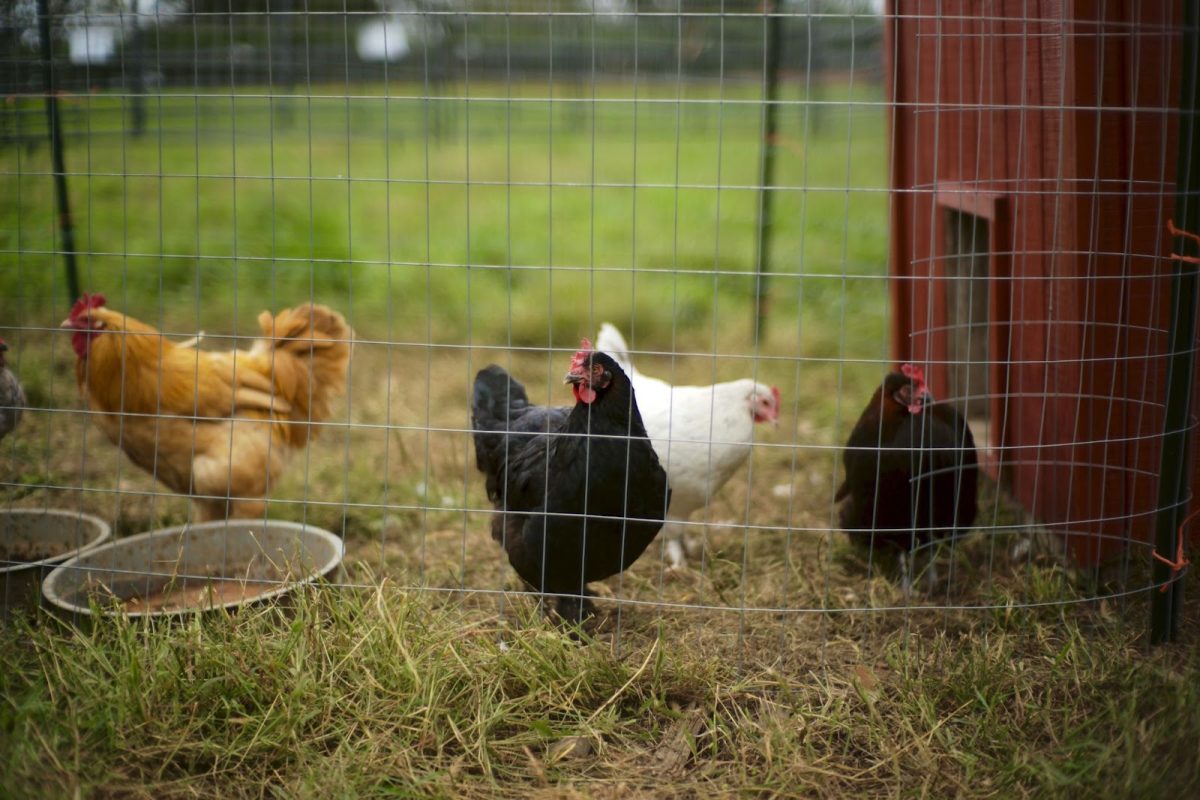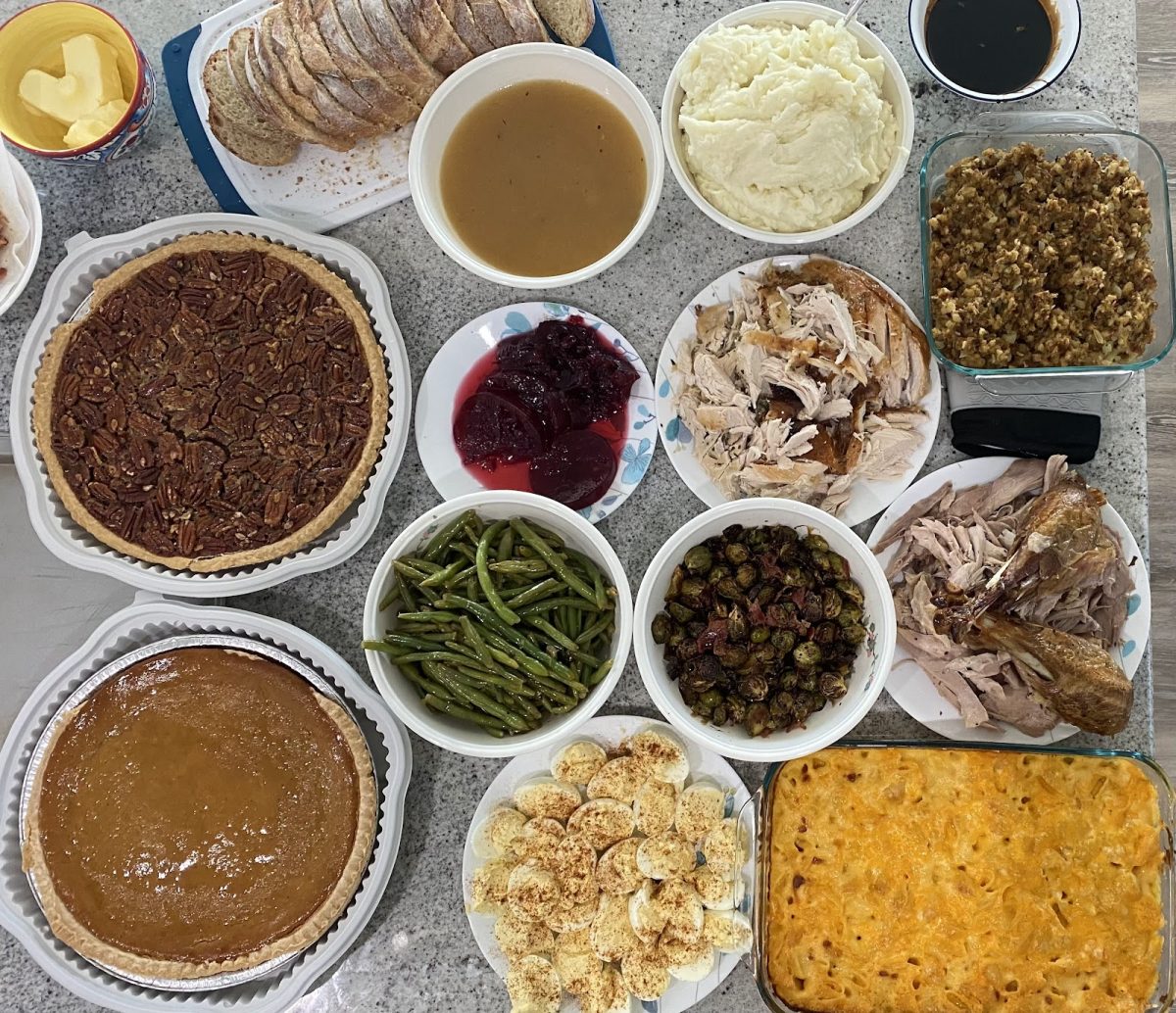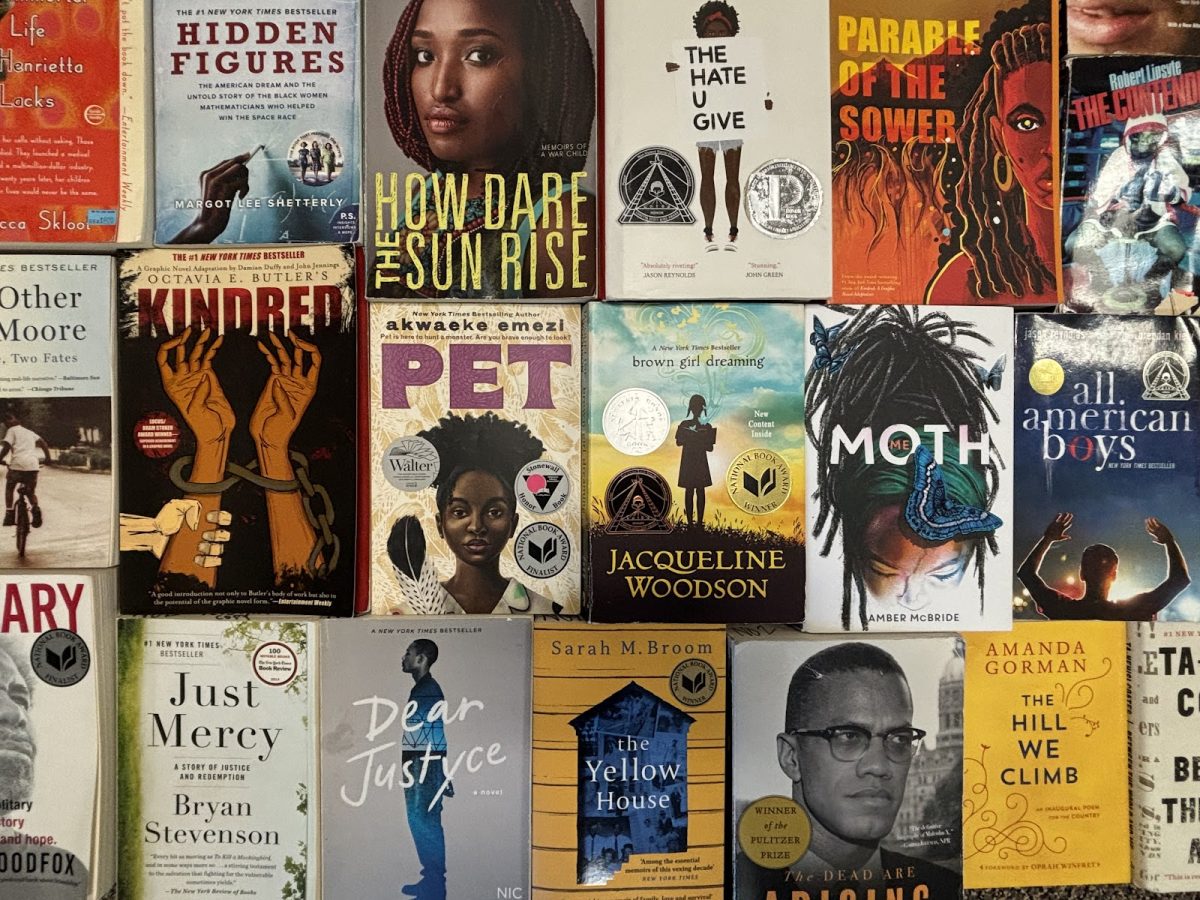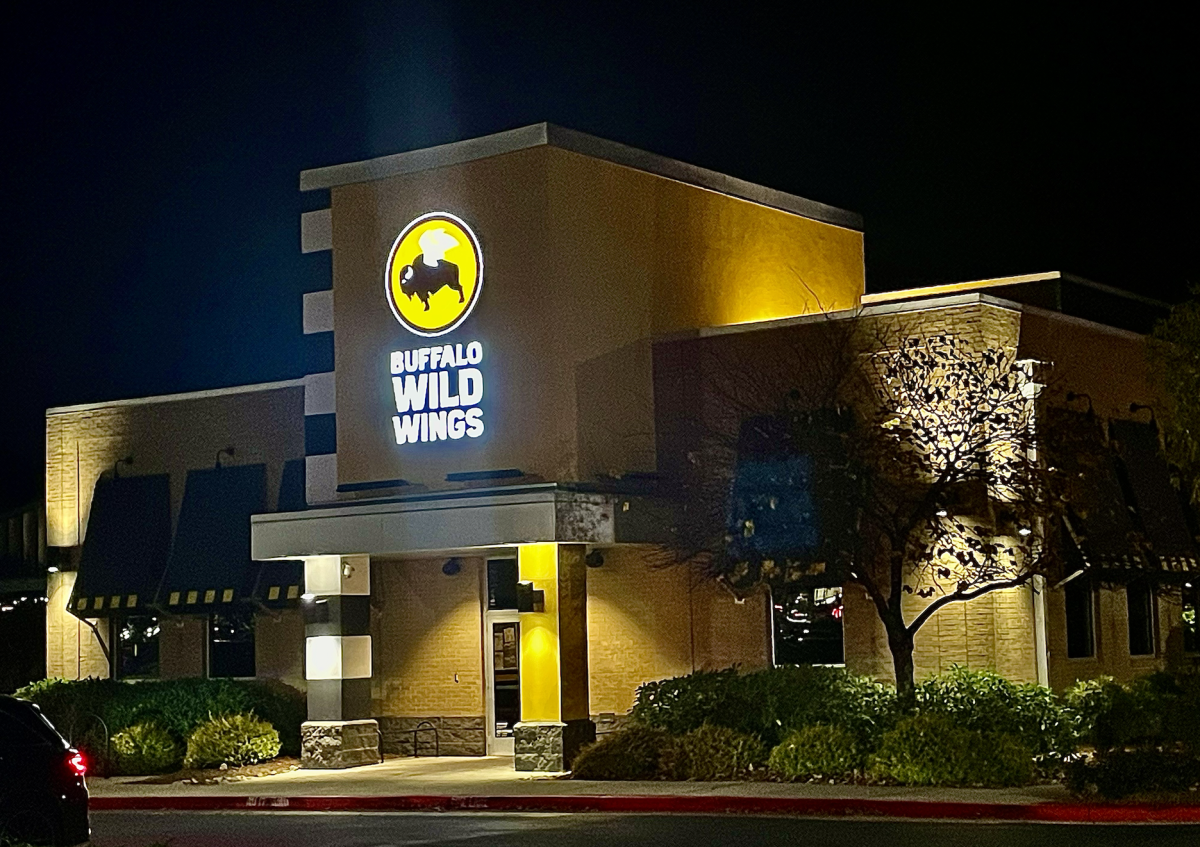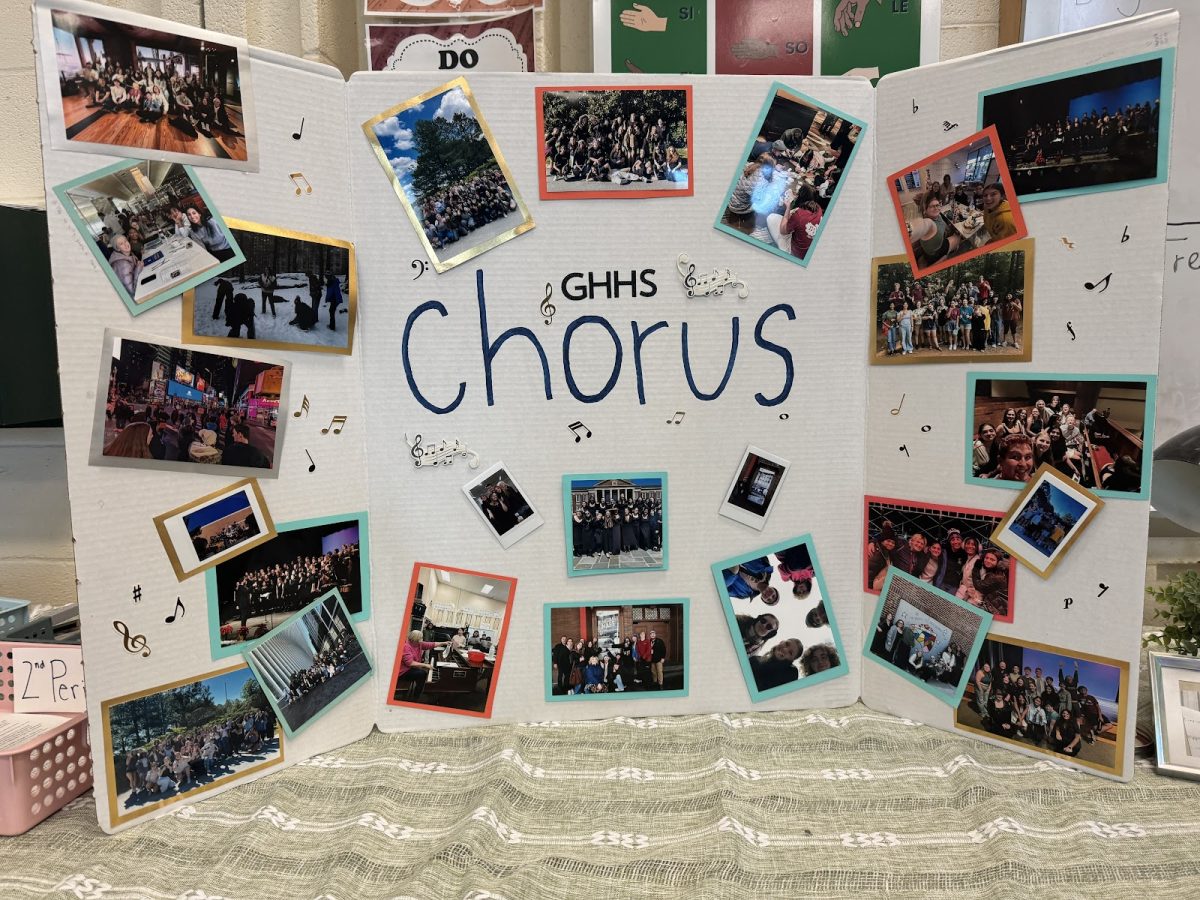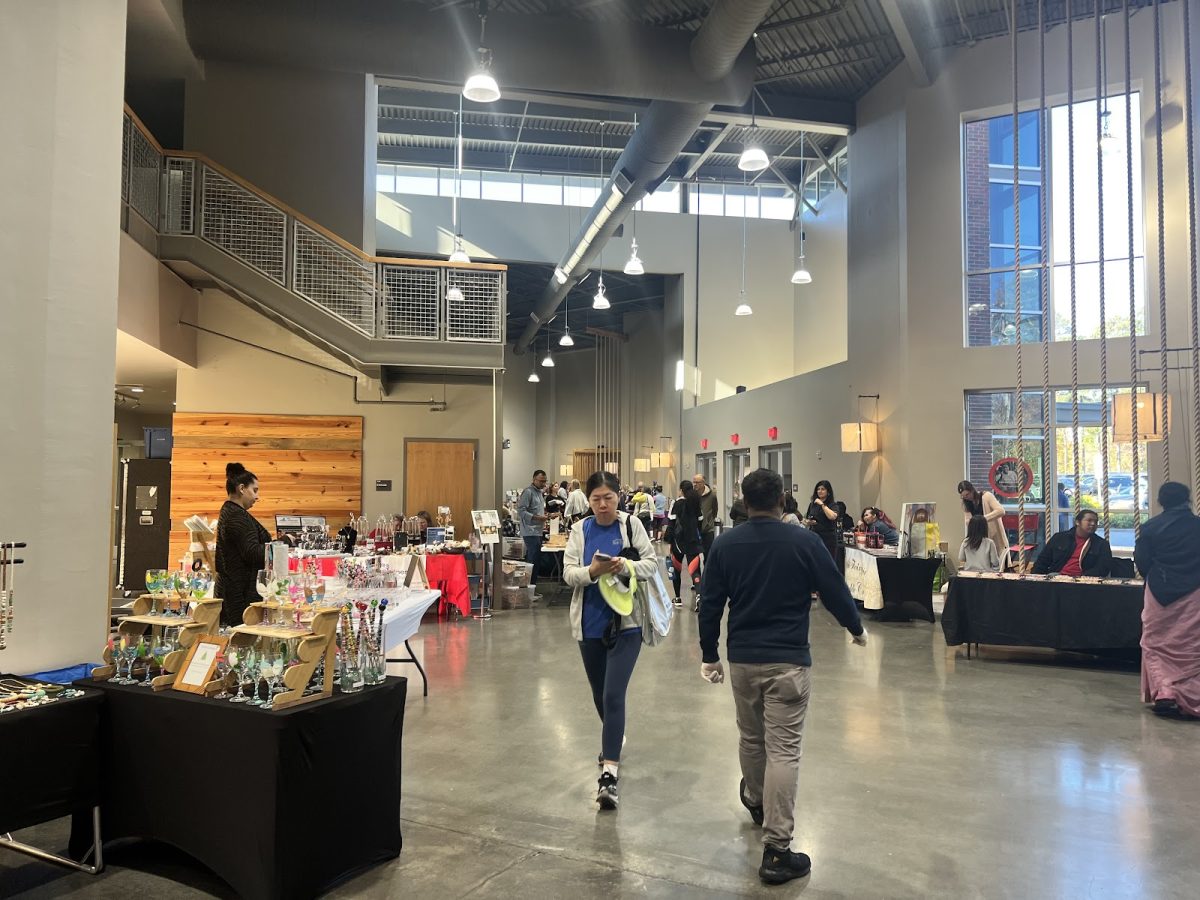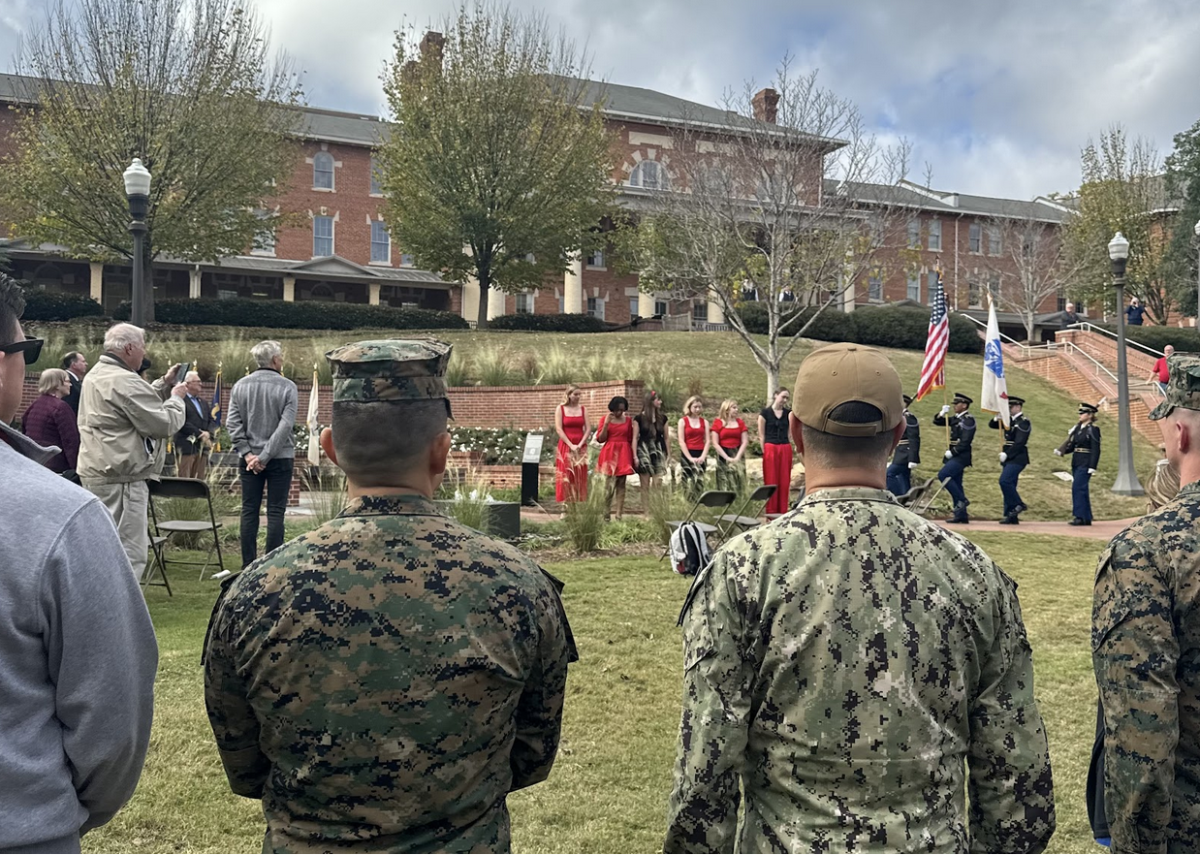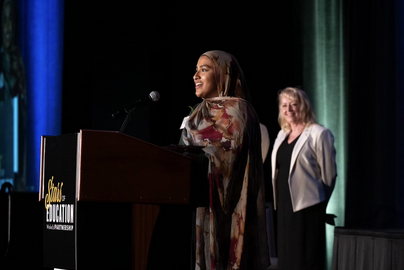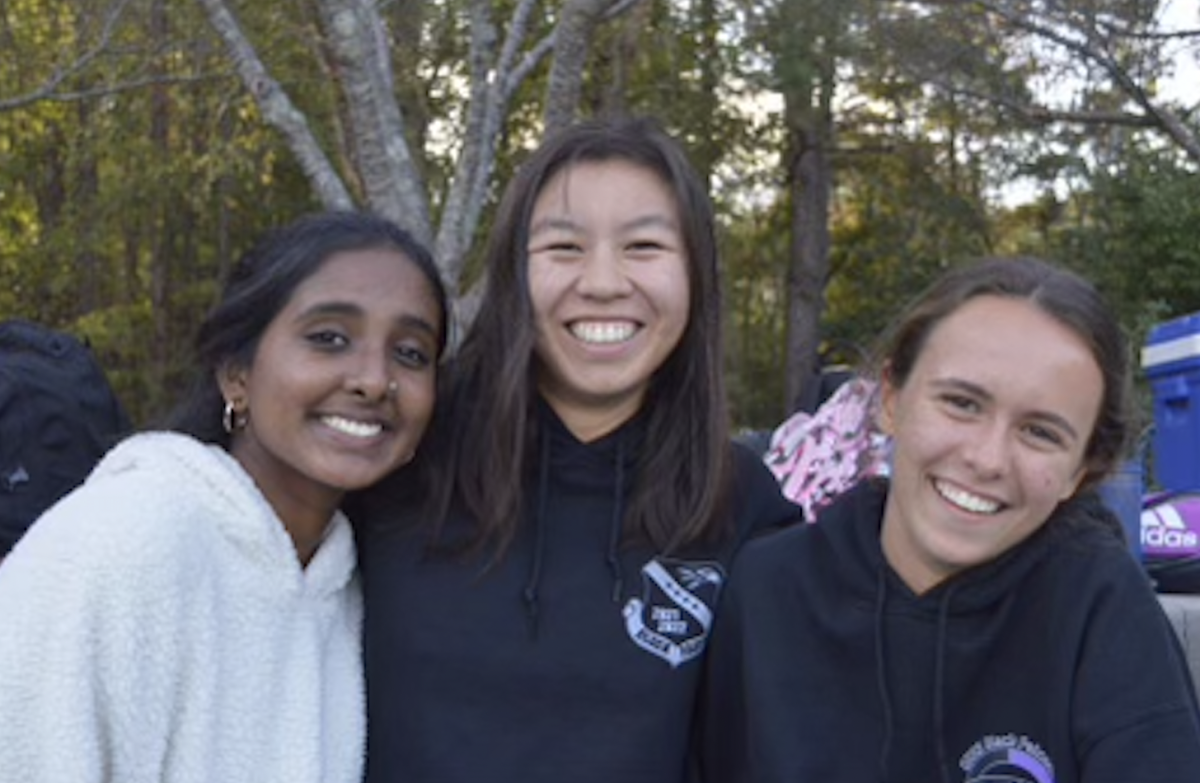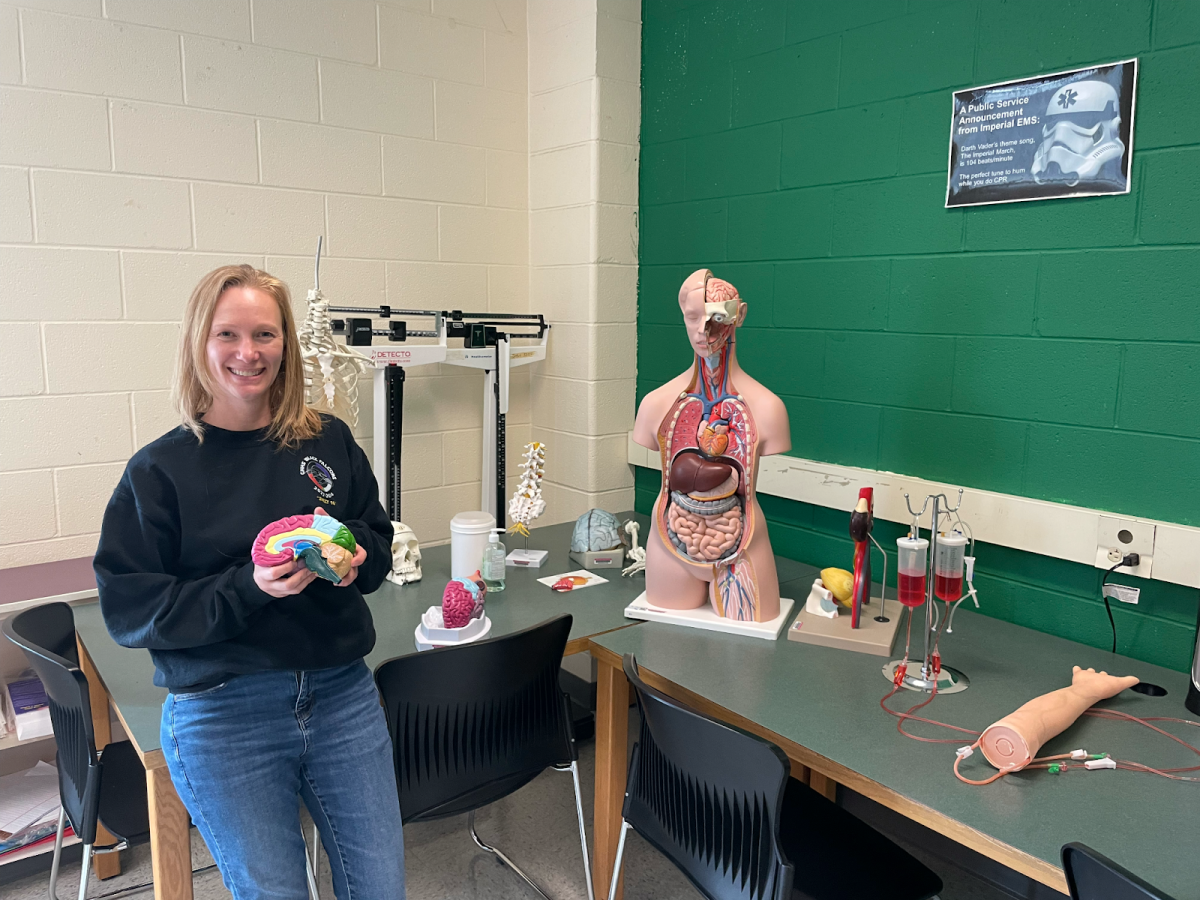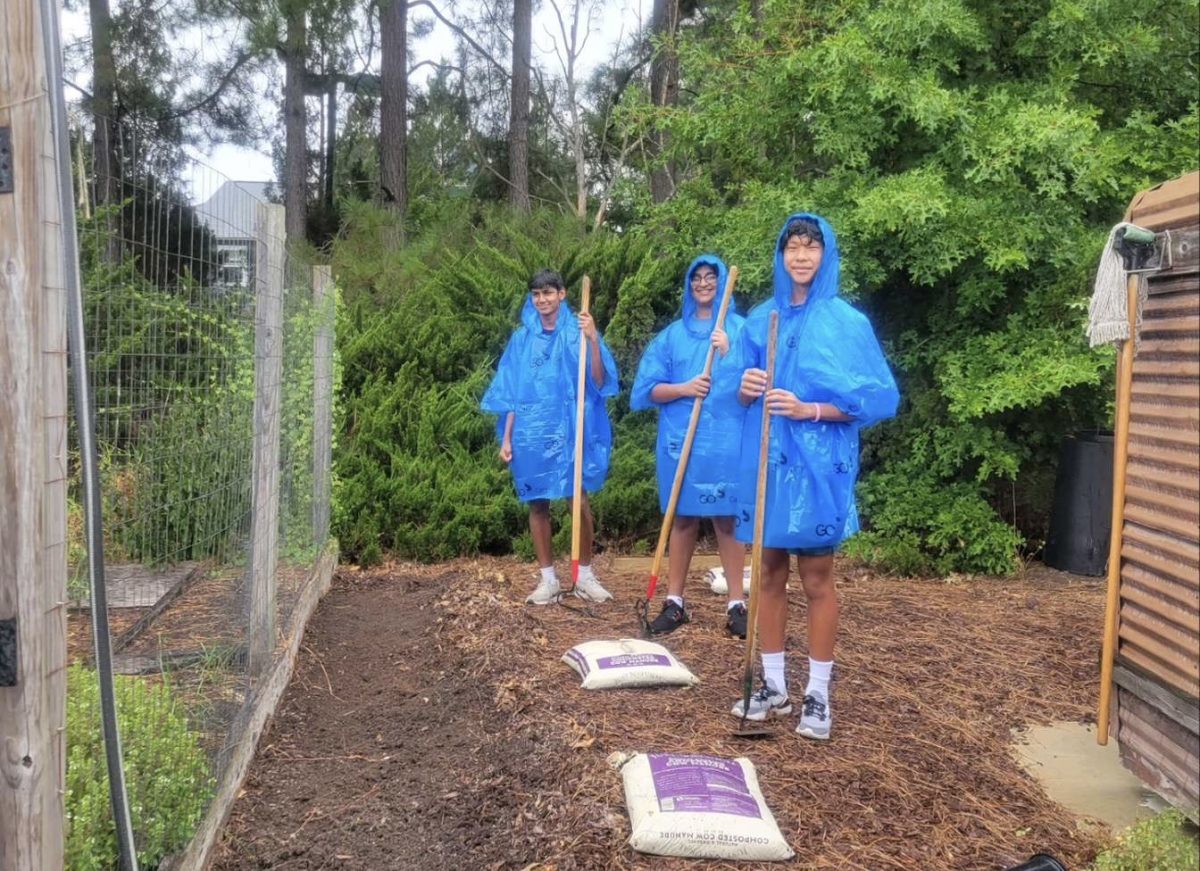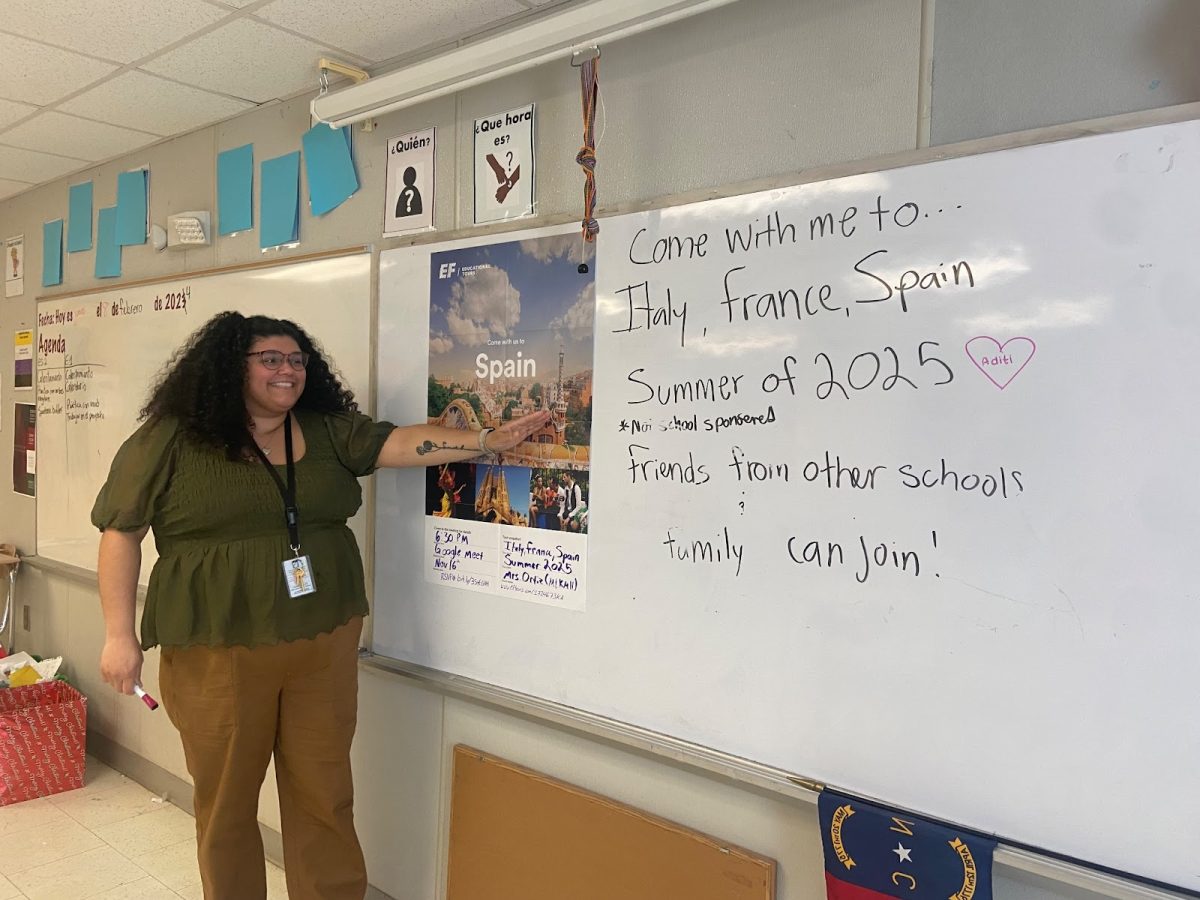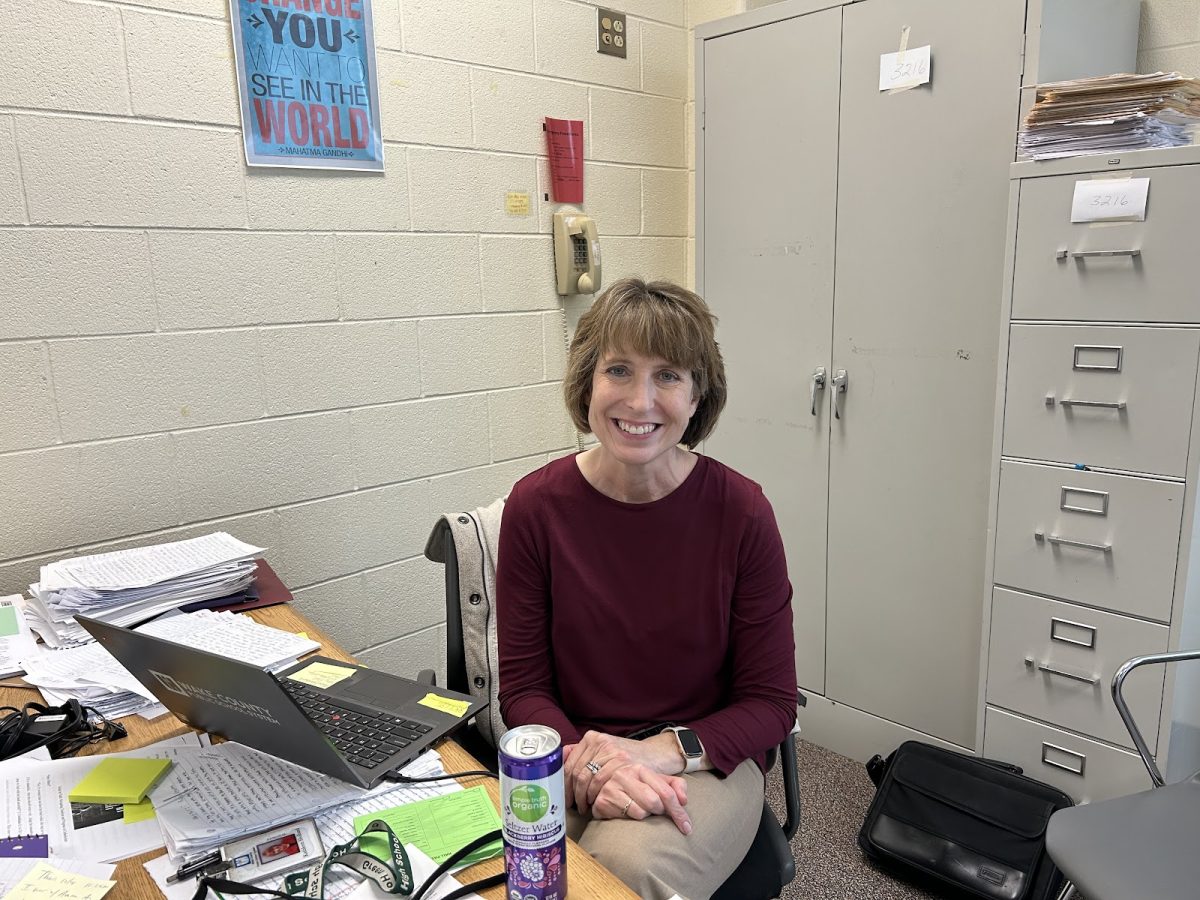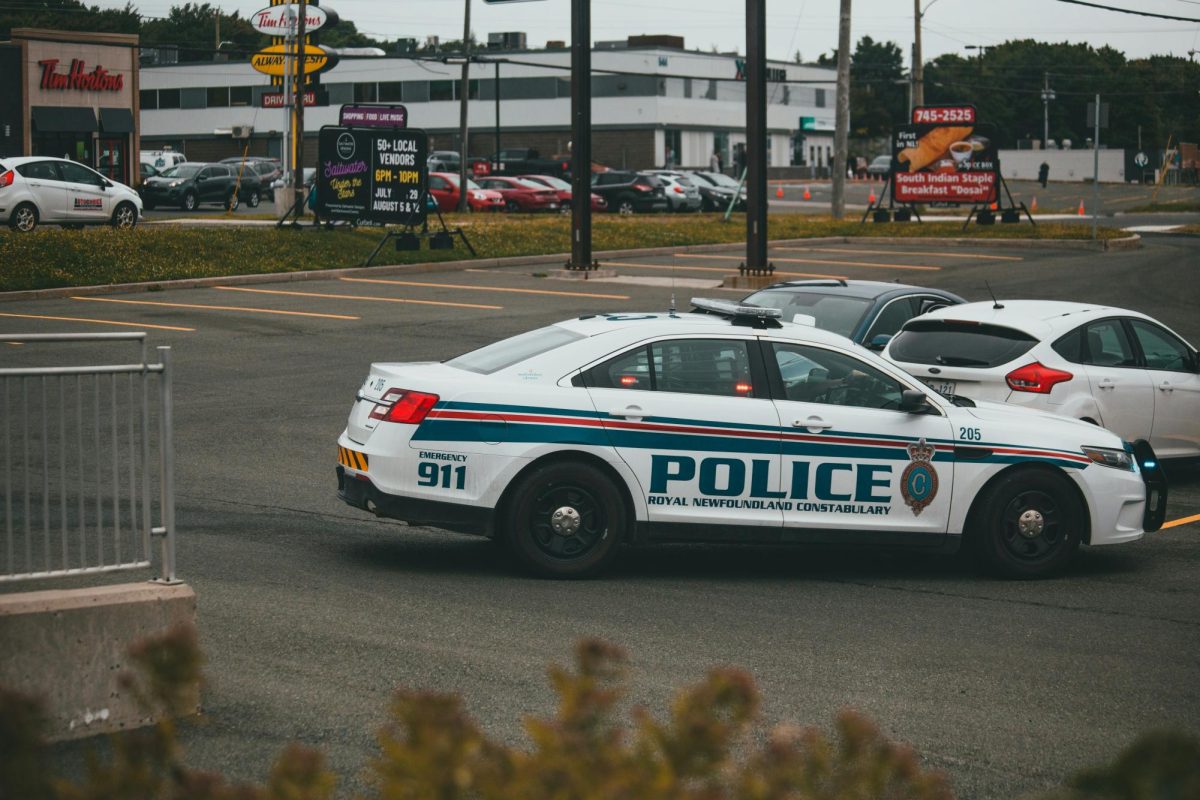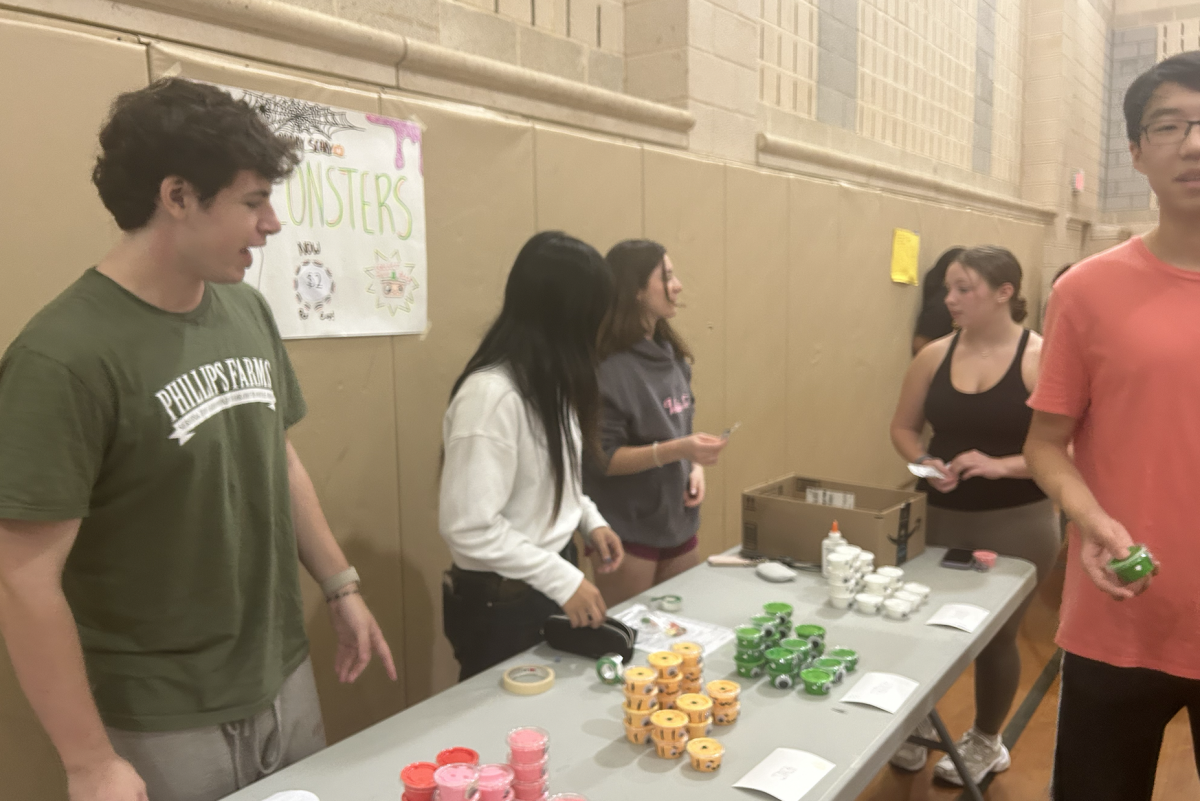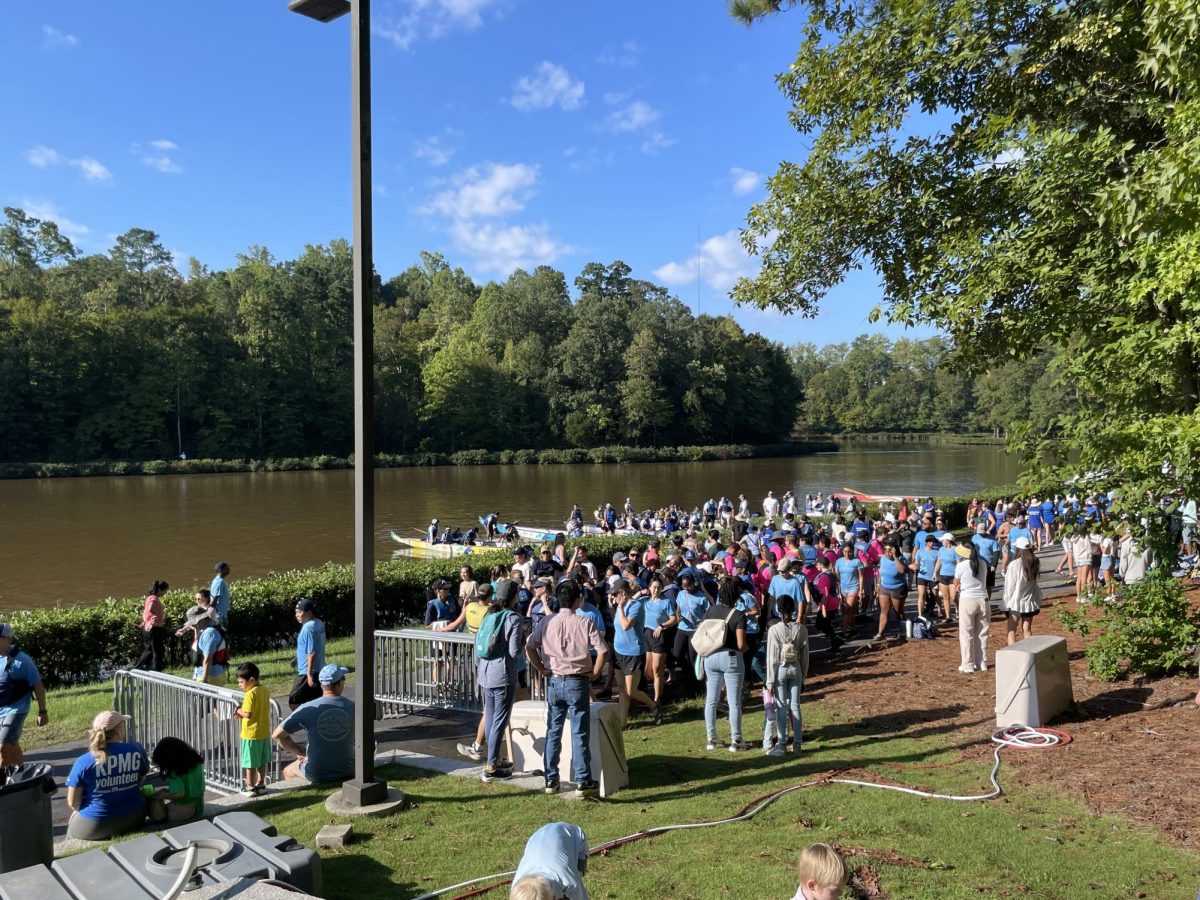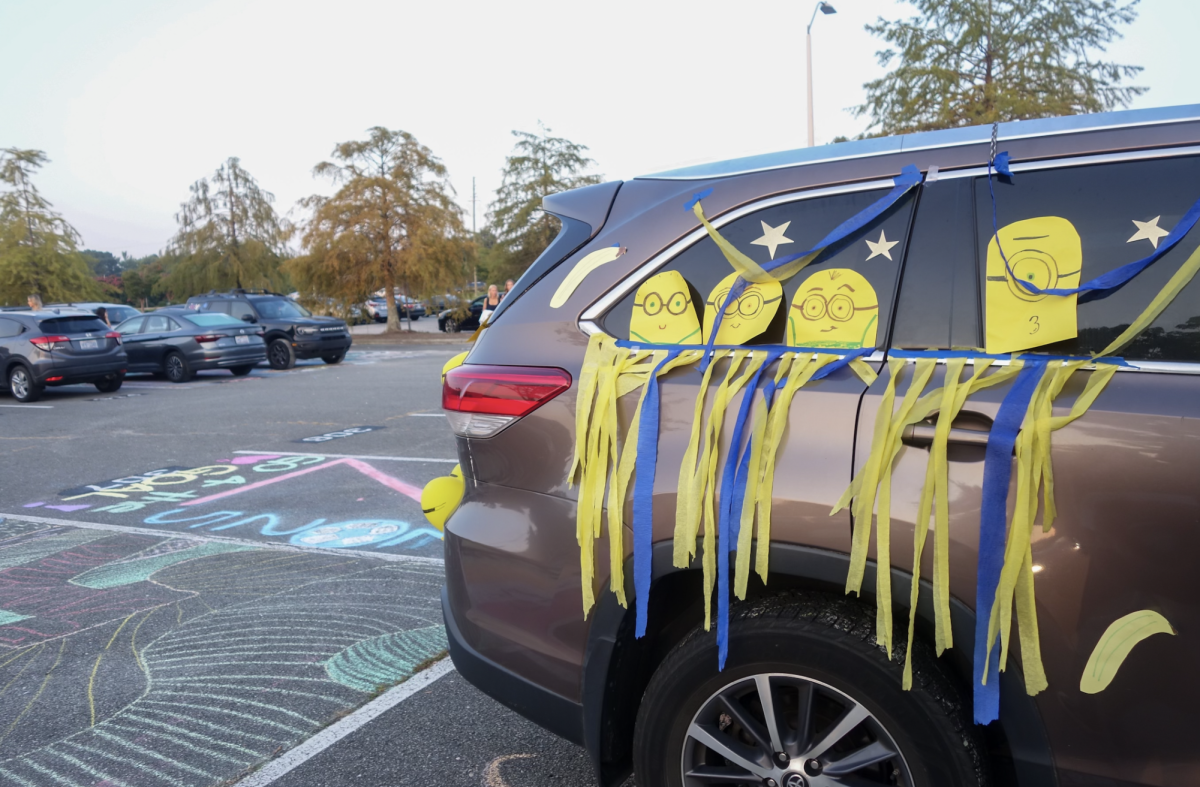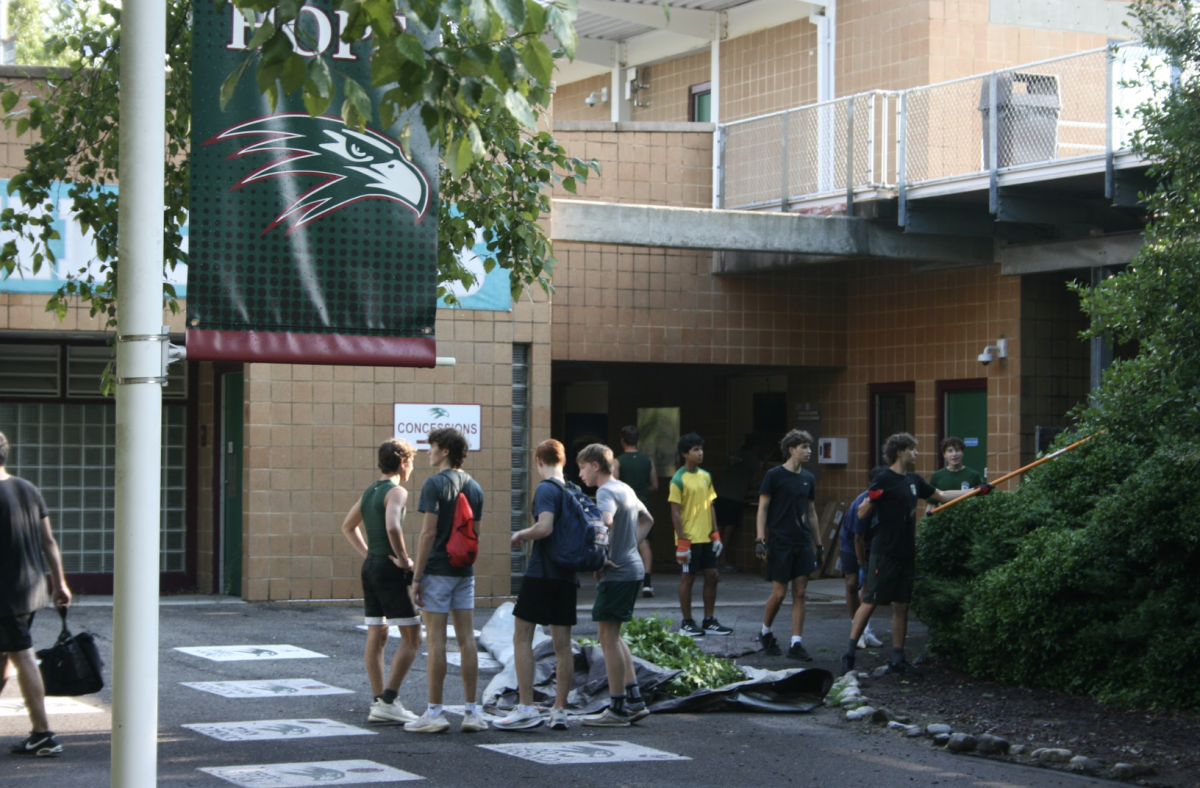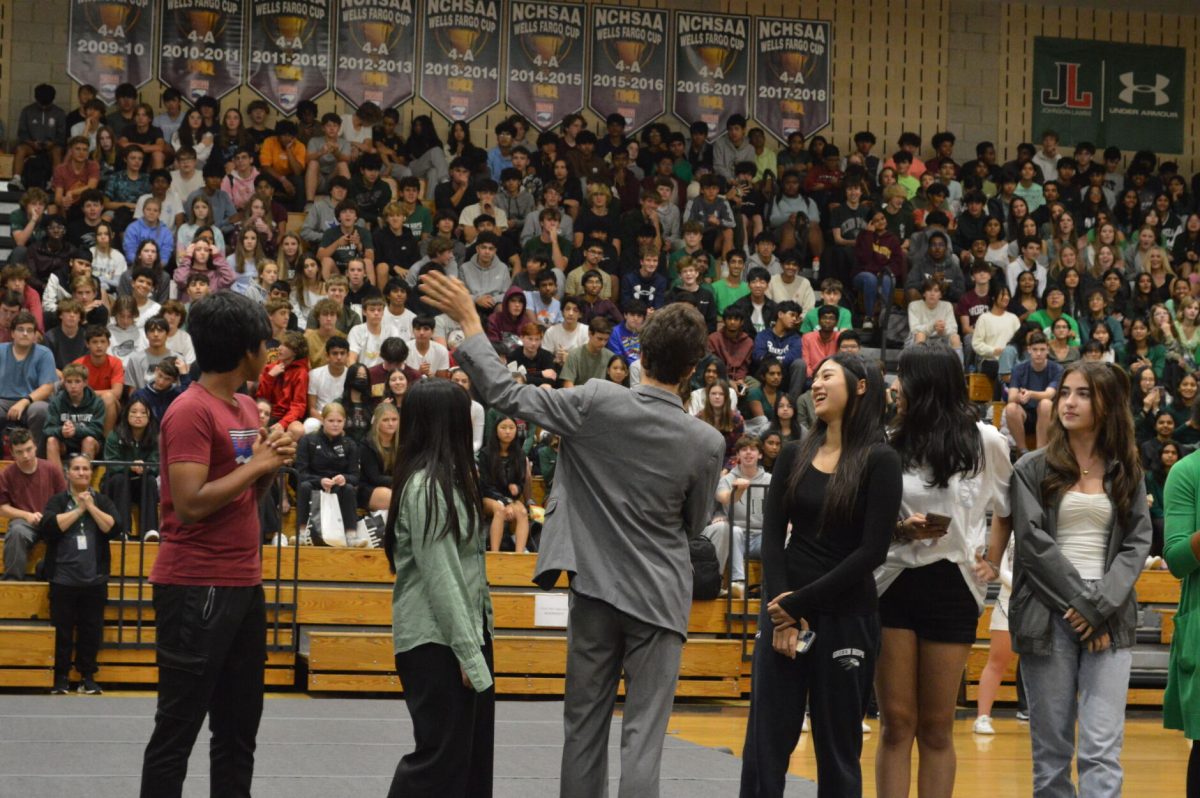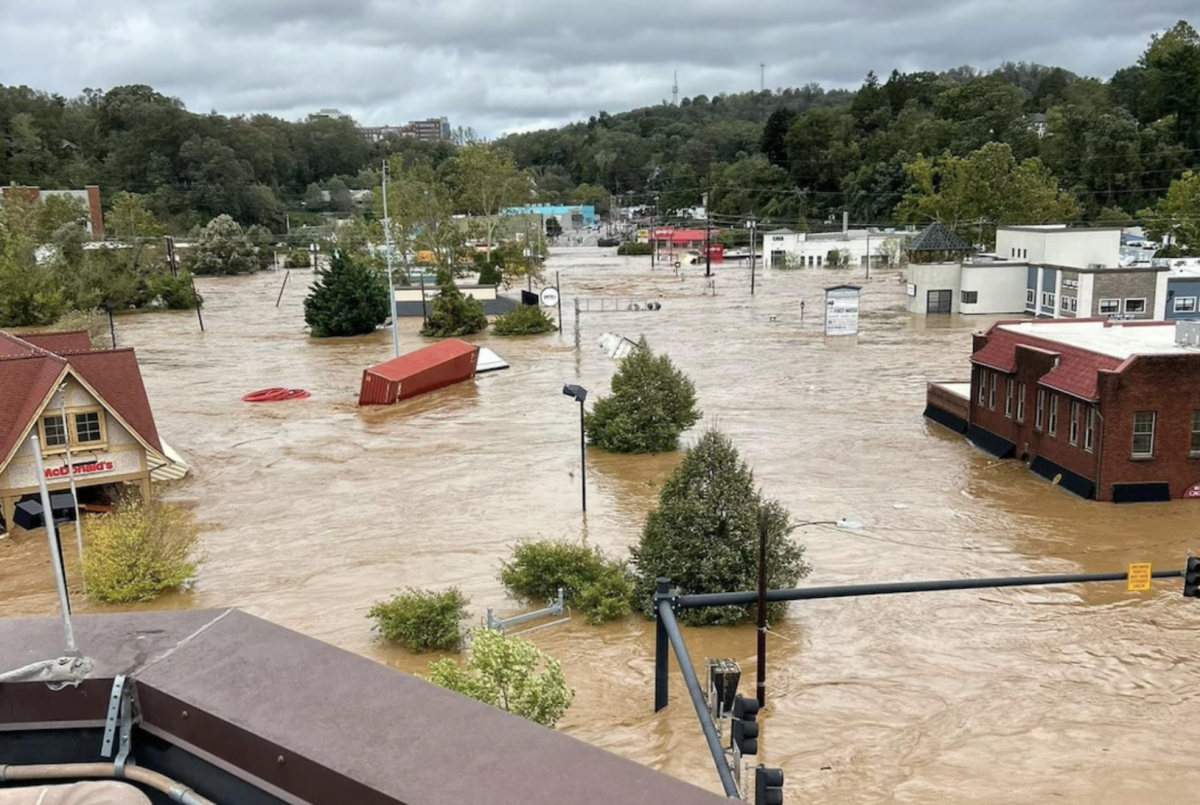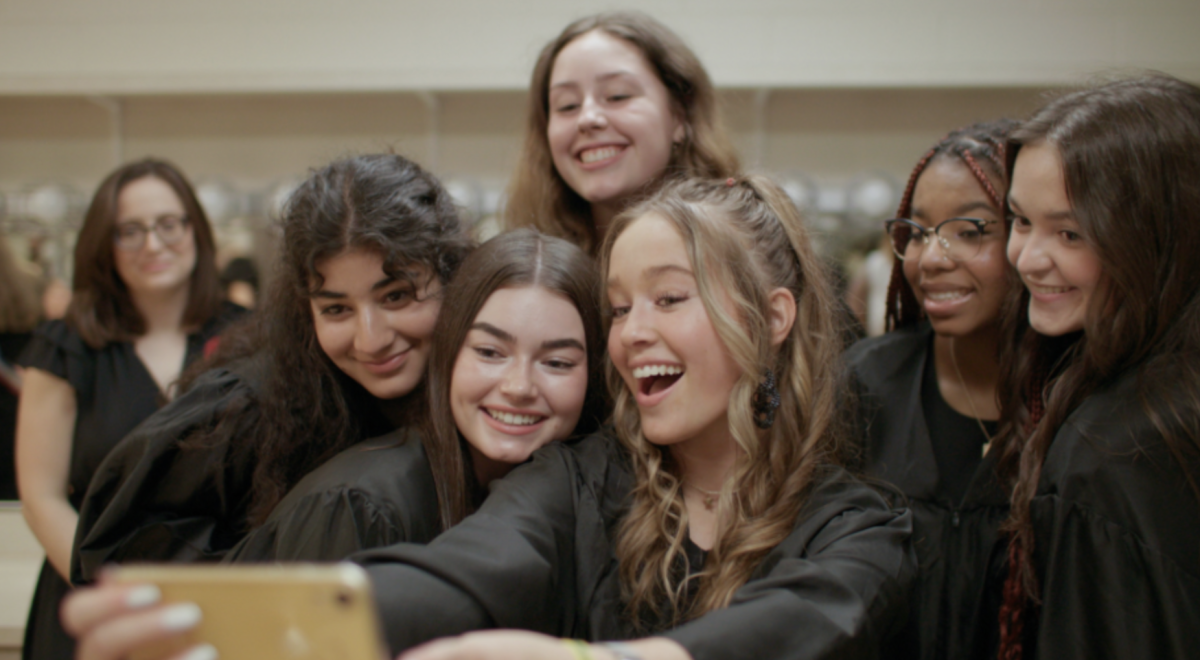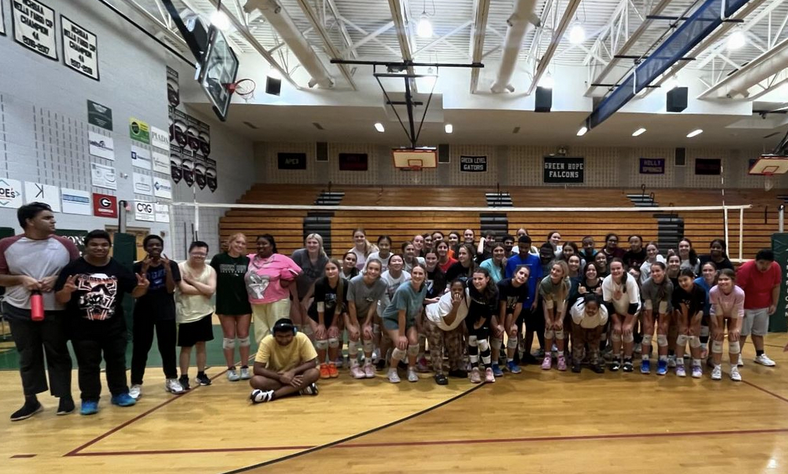From advocating for change in the Civil Rights Movement to influencing election results, young citizens have consistently shown that they are a political force to be reckoned with. Even those who can’t vote are making a difference through volunteer opportunities such as being a phone banker or participating in a voter registration drive. Organizations are hosting a variety of events that give these budding activists a platform to make a difference while simultaneously learning about different facets of political participation.
Teens don’t need to be over 18 to participate in politics. It may seem complicated, but anyone can advocate for their beliefs. Even without casting a vote or organizing a protest, teens can make a difference and even be activists. Little things like doing research and engaging in political discussions – even with people of opposing viewpoints – are all part of participation.
The history and impact of youth political engagement
Young people have been engaging in political discussions and demonstrations for decades, facilitating change across the nation.
In 1963, during the Civil Rights Movement, over 1,000 students skipped class in Birmingham, Alabama to protest the racial inequalities they were experiencing. This protest became known as the Children’s Crusade and helped pave the way for desegregation.
Two years later, the Tinker vs. Des Moines Supreme Court case of 1969 ruled that students can utilize their right of free speech in public schools, paving the way for future student protests. The case began in 1965 when five students protested the Vietnam War by wearing black armbands to school. They were then suspended until they agreed to take off the armbands, leading the parents of the students to take the issue to the Supreme Court, where they ultimately ruled in favor of the students.
Given the right of free speech in schools, students in California showed their disapproval of anti-immigration legislation in 2006 by participating in walkouts and marches. These demonstrations spread throughout the state, with participation so large that some schools were put on lockdown to stop students from leaving. Although this didn’t lead to change on the government level, their voices were heard and informed many people nationwide of an issue they may not have been aware of.
More recently, youth voters played a major role in the results of the 2014 Senate election. Tufts’ CIRCLE, an independent research organization focused on youth civic engagement, analyzed poll data and explained how young voters may have turned the tide in four states: North Carolina, Alaska, Colorado, and Louisiana. In Colorado, over 10% of the approximately two million votes casted were by people aged 18-29. That 10% was five times the margin of victory determining Cory Gardner’s 49%-to-46% victory. Due to the size of the age group, their turnout and preferences were critical in shaping the final outcome.
Ways to get involved are increasing
The history of successful youth protests proves that teenagers, even if they can’t vote, have the ability to create change. With the rise of social media and increasing political education, there opportunities for youth involvement are at a high.
One example of this is poll working: some voting sites allow 16 or 17 year olds to volunteer, allowing them to get familiar with the environment and see how the process works. Youth who are looking for a more hands-on experience can join local political organizations or volunteer at campaigns.
Anika Rajesh, a freshman and double major in political science and data science at University of North Carolina, Chapel Hill, reflected on her early days as an activist. Although she wasn’t able to vote until this year, she gained experience through door-to-door campaigning and the club she founded: Green Hope High School’s Women in Politics Club. She described how conversations with guest speakers at her club and other members helped her feel more prepared to vote this year.
“Such experiences with my fellow members helped me not only cultivate my own political opinions, but also gain a greater understanding of other perspectives, making me much more prepared for when I was actually granted the right to vote this year,” she said. Rajesh’s interest in learning more about politics and her desire to contribute to the field motivated her to pursue it in college.
Rajesh also discussed how social media is playing a major role in the growing number of opportunities for activism as it now takes the form of “protests and demonstrations, online fundraising, street art, petitions and social media posts”.
As cell phones work their way into the lives of millions, access to news is easier than ever. With the world at their fingertips, people often find themselves free-falling into internet rabbit holes. Although this can be educational, Rajesh cautions people against basing their political stance off a handful of similar sources. She encourages people interested in learning more about current events to look at sources from different perspectives so they can get a better understanding of the issue.
A student at Green Level High School, Siri Manneri (‘25) shared how she is involved with her community to spread awareness about political issues. “I’ve done voter registration in the form of stuff like posters and video resources sent out to my high school. I’m also trying to help out with voter registration drives, and more of the mentioned efforts right now ahead of the upcoming election.”
Manneri also described how she’s been involved in phone banking — a political outreach strategy that communicates with voters through texts or phone calls to inform them about the election, persuade them to vote a certain way or gauge the population’s stance as a whole. “The phone banking I’ve done has mainly been with Sunrise Movement where I was a volunteer phone banker before starting to lead phone banks, and then generally helping out on different phone-bank campaigns more and more.” Phone banking is the “next big thing” for campaigns because of its efficiency and wide-reach. It is also a relatively easy job that can be done from home, another reason for its popularity.
Whether through phone banking, reposting a candidate’s campaign information, participating in protests or becoming involved in a local political organization, young people continue to follow in the footsteps of the activists that came before them by making their voices heard throughout their community.

